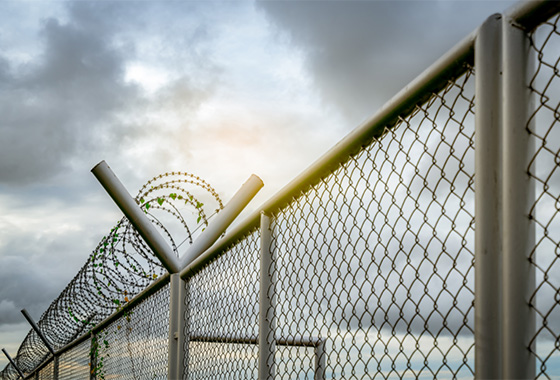National and international efforts aimed at combating money-laundering and terrorist financing have fallen far short of declared objectives. According to the Legal Affairs Committee, these illegal assets amount to more than USD 2 000 billion annually. In the hands of criminals, they represent a huge threat to democracy, the rule of law and national security. Successful confiscation of illegal assets offer states a considerable opportunity to generate resources needed to address the social problems caused by organised crime, corruption and terrorism.
Unanimously adopting a draft resolution based on the report prepared by Thorhildur Sunna Ævarsdóttir (Iceland, SOC), the committee renewed its call on member States to facilitate the confiscation of illegal assets, including by reversing the burden of proof as to the illegal nature of the assets.
The parliamentarians further called for the Financial Intelligence Units (FIUs), set up by all the member States, to be given sufficient resources and be able to operate in full autonomy, free from any “political interference in their work”. All FIUs should be given the power to temporarily block suspicious transactions pending further investigation.
The capacities of the law enforcement bodies (police, prosecution and courts) should also be strengthened, as should international co-operation and constructive dialogue with the private sector (reporting entities), in order to ensure “the best possible quality, rather than quantity, of suspicious transaction reports”.
Read also
Finally, the committee called for any citizenship-for-investment programme to be ended as such programmes risk undermining the fight against money-laundering.
PACE























































